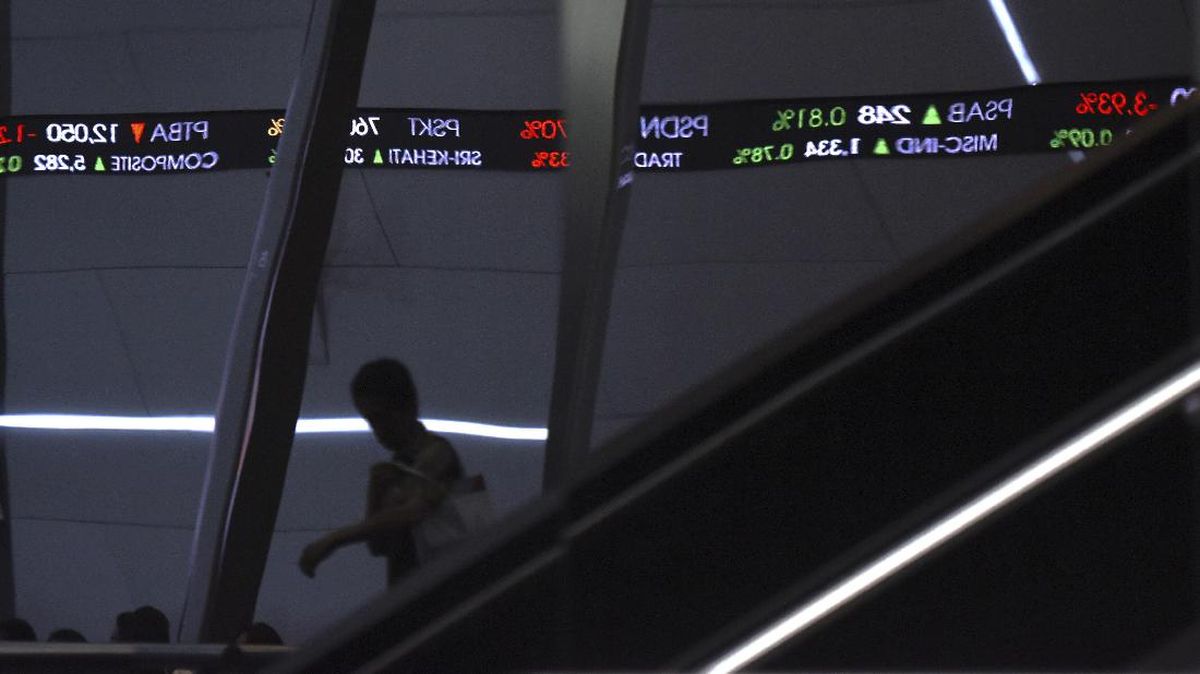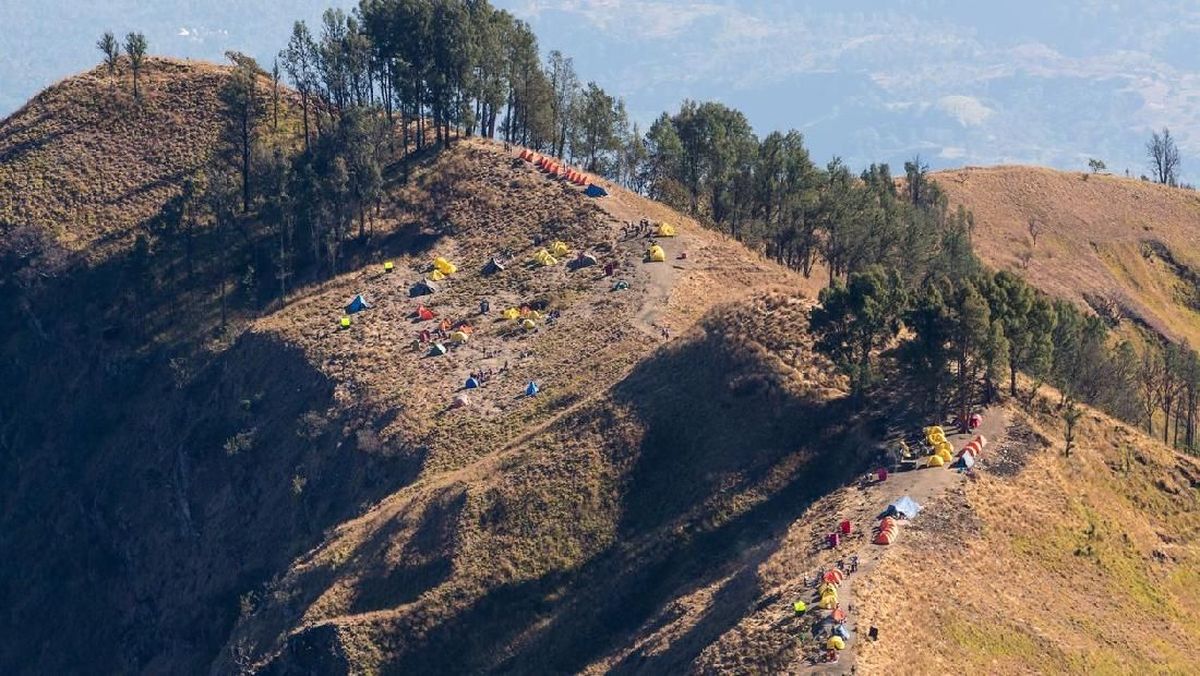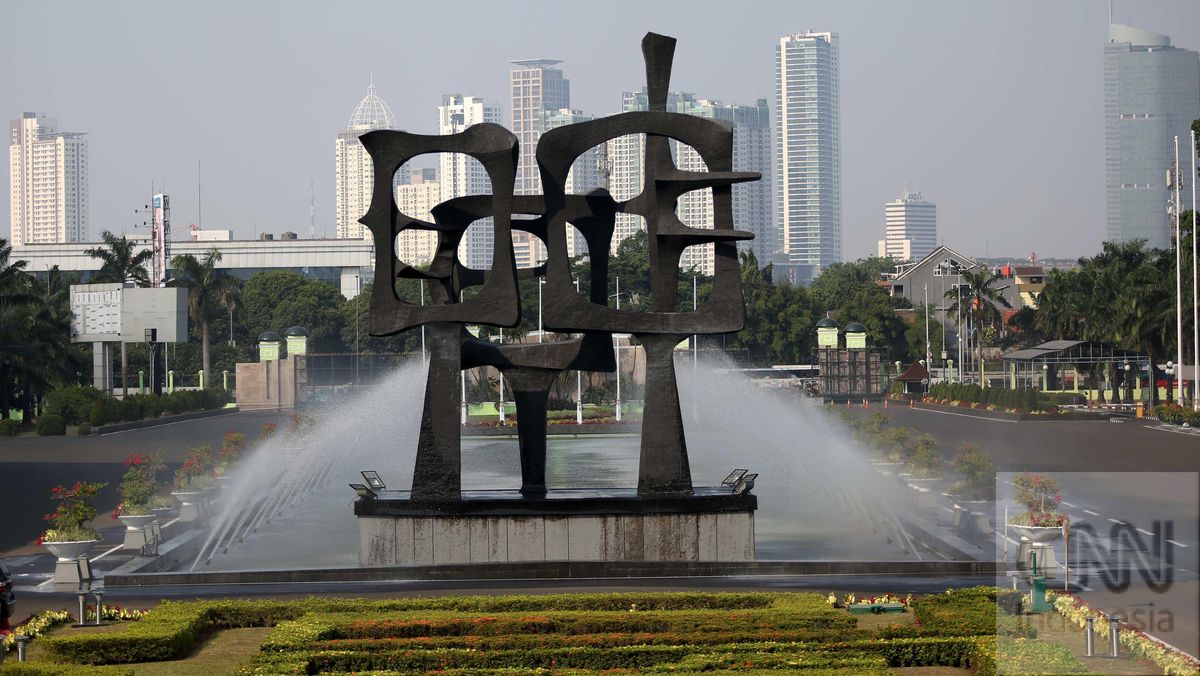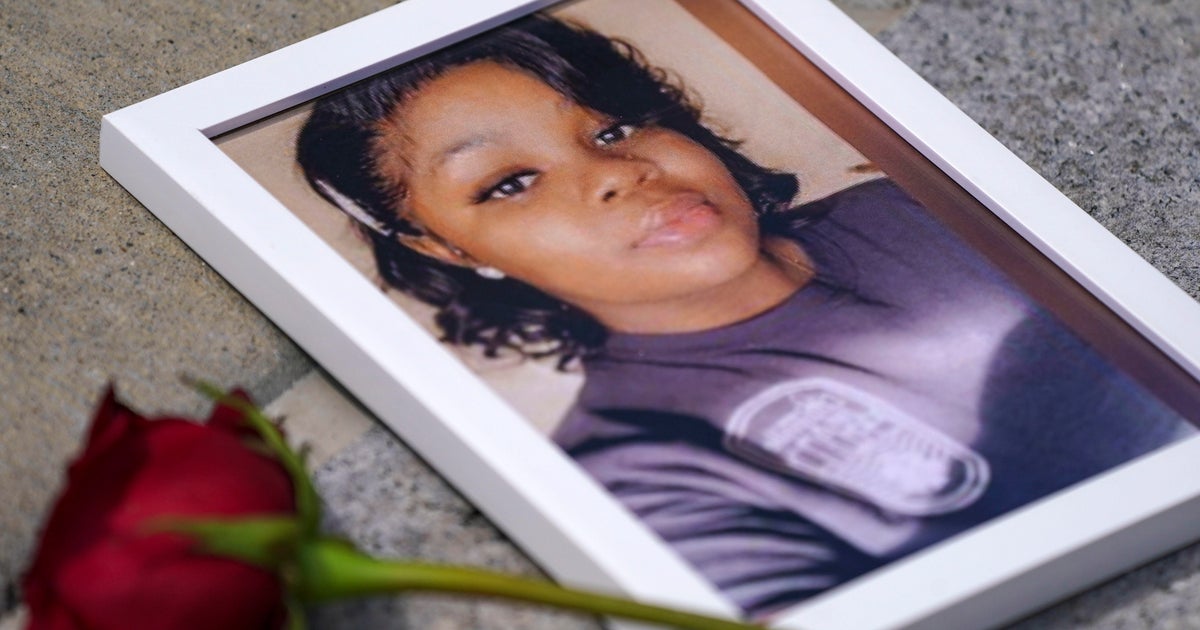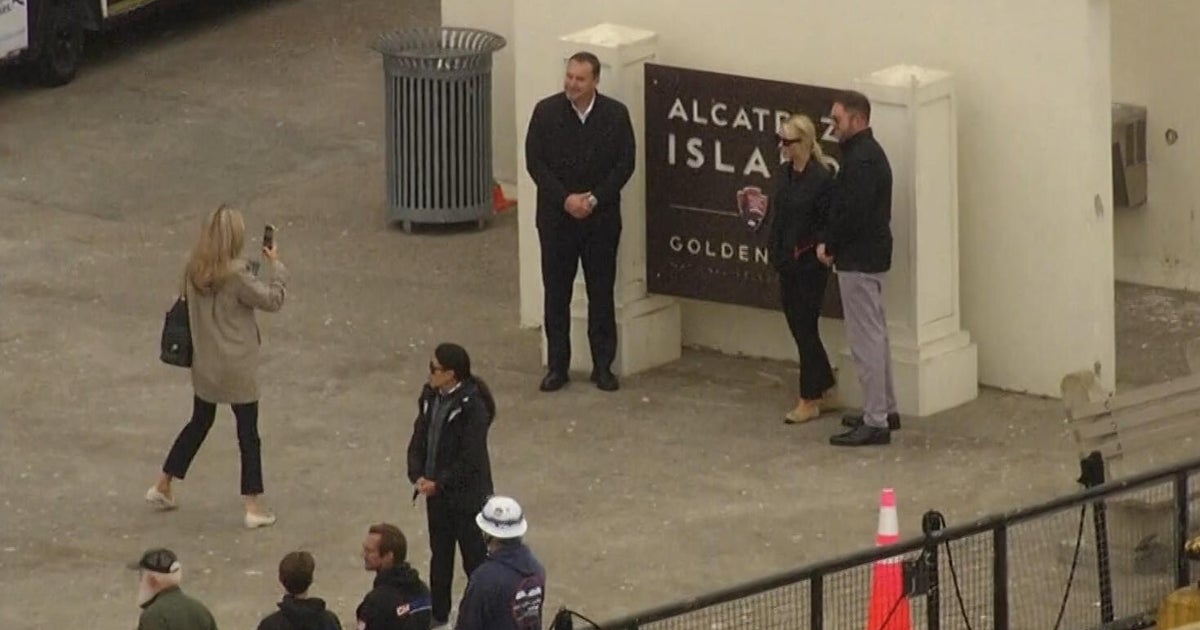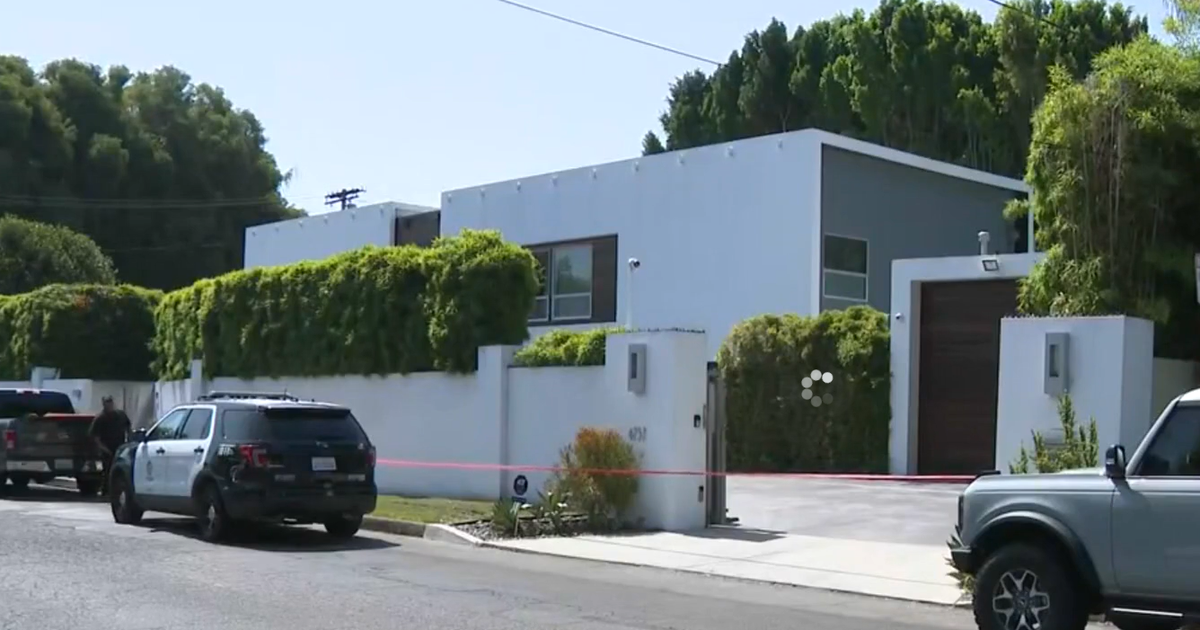Granted, I’m no Ned Flanders, not wishing to make the momentous mistake of appearing cheerfully upbeat to encourage any nonsensical jabbering, especially given I live in the heart of Fremantle Dockers territory.
Loading
My suburbanite sociability does extend to putting my fellow burghers’ bins out when they go away and keeping an eye on properties while swilling a gin and tonic in their swimming pools.
I doubt I’ll get nominated for Neighbour of the Year, but those nearest me have my number so we can alert each other when a hipster selling homegrown honey is going door-to-door.
I’m just not that keen on face-to-face chatting over the fence.
I don’t think I’m alone. If you walk down most streets of Perth, it’s unlikely you will be confronted with many cries of “hi-diddly-ho, neighborino”.
There are countless studies being done querying the relationship between societal breakdown and those tiny computers in our pockets. Why talk when we can text a GIF?
Recent data from Real Insurance and MyMavins found three-quarters of Australians don’t know those living closest to them.
Around 72 per cent of Aussies are less interested in knowing their neighbours compared to 20 years ago.
Good old gens Y and Z are leading the misanthropic charge, with more than 70 per cent claiming to have lived next door to someone more than six months without saying g’day.
Clearly, those generations haven’t grown out of playing hide and seek.
However, the corrosive breakdown of neighbourhood relationships can lead to increased social isolation and loneliness, impacting mental and physical wellbeing.
Research from the Australian National University found neighbourhood cohesiveness was an important glue.
“It keeps us connected and supports our wellbeing in everyday life and during a crisis,” Dr James O’Donnell said. “Everybody needs good neighbours. It is good for your health.”
Hard to argue. But like it or not, technology has reduced the need to speak to another human.
We’ve become anaesthetised by streaming services and smartphones.
Loading
While some sociologists may feel the urge to hurl their Emile Durkheim books at me, neighbours’ role as community socialising agents is diminishing.
I’m not suggesting for one nanosecond that we don’t continue to be neighbourly.
I know a happy, harmonious hamlet is critical to a healthy community.
But as we grapple with that awkward intersection of technology and society it’s worth wondering whether we expand our definition of neighbourly.
Psychologist and founder of the Happiness Institute, Dr Tim Sharp, said in the ANU report that our neighbourly habits have changed because of the way people socialise.
“For Gen Z and Gen Y, community isn’t always next door,” he said.
“It’s often online, interest-based, and built in comment threads and DMs rather than driveways and cul-de-sacs.
“That community is not so much defined by geographical boundaries, but more by other things like passions, interests … the need for connection hasn’t gone anywhere. It’s an inherent part of being a human.”
So, the next time my neighbour invites me for a brew, I might take them up on the offer.
I hope they don’t mind doing it virtually.
Start the day with a summary of the day’s most important and interesting stories, analysis and insights. Sign up for our Morning Edition newsletter.

